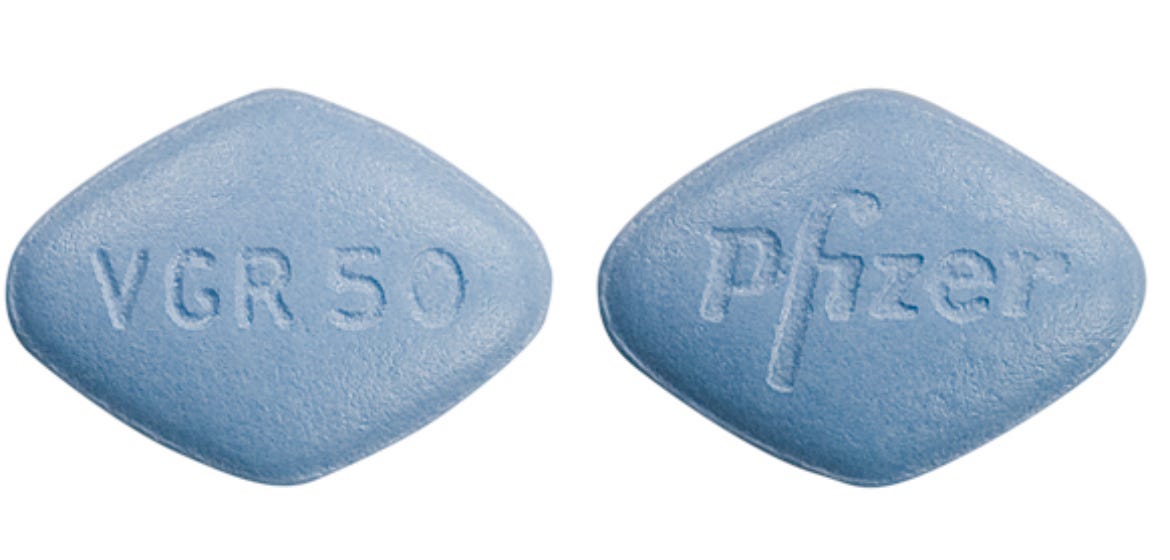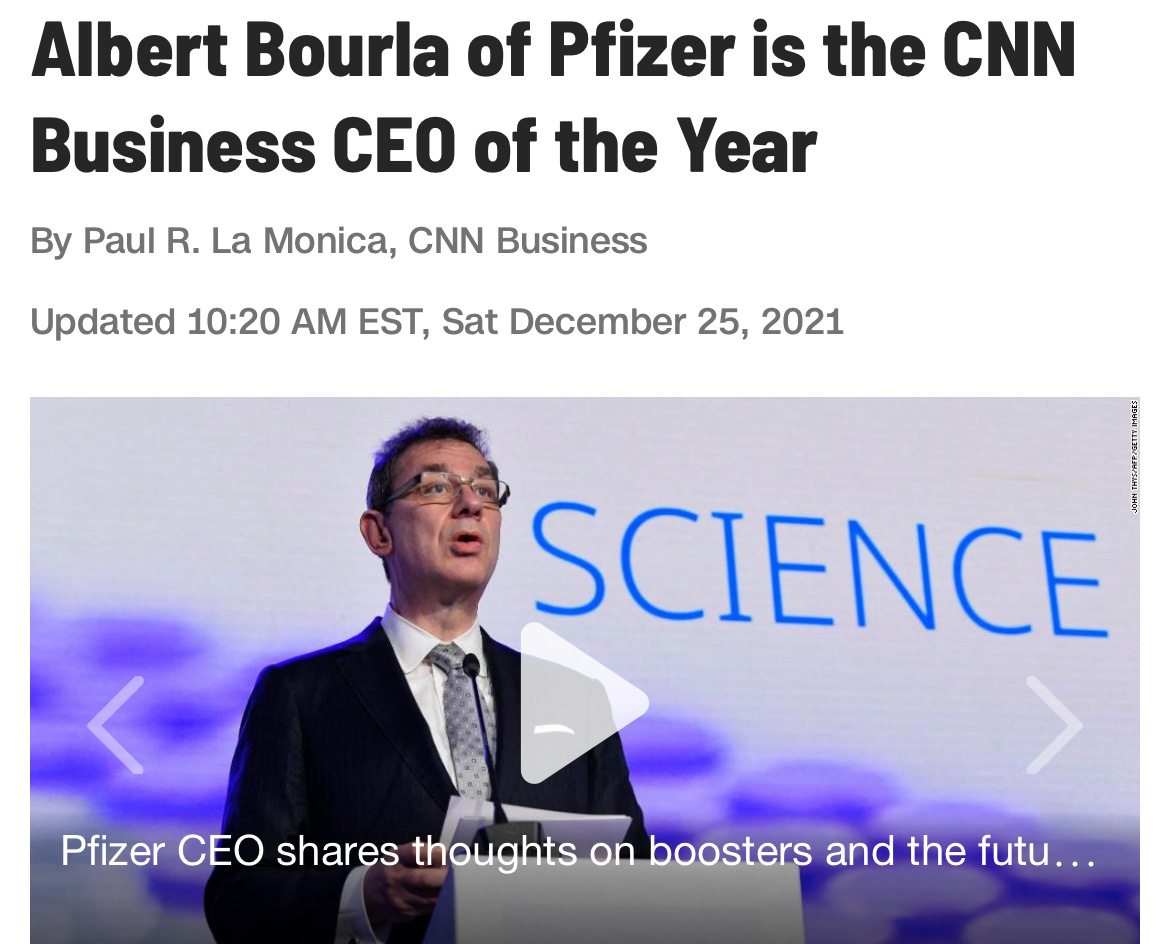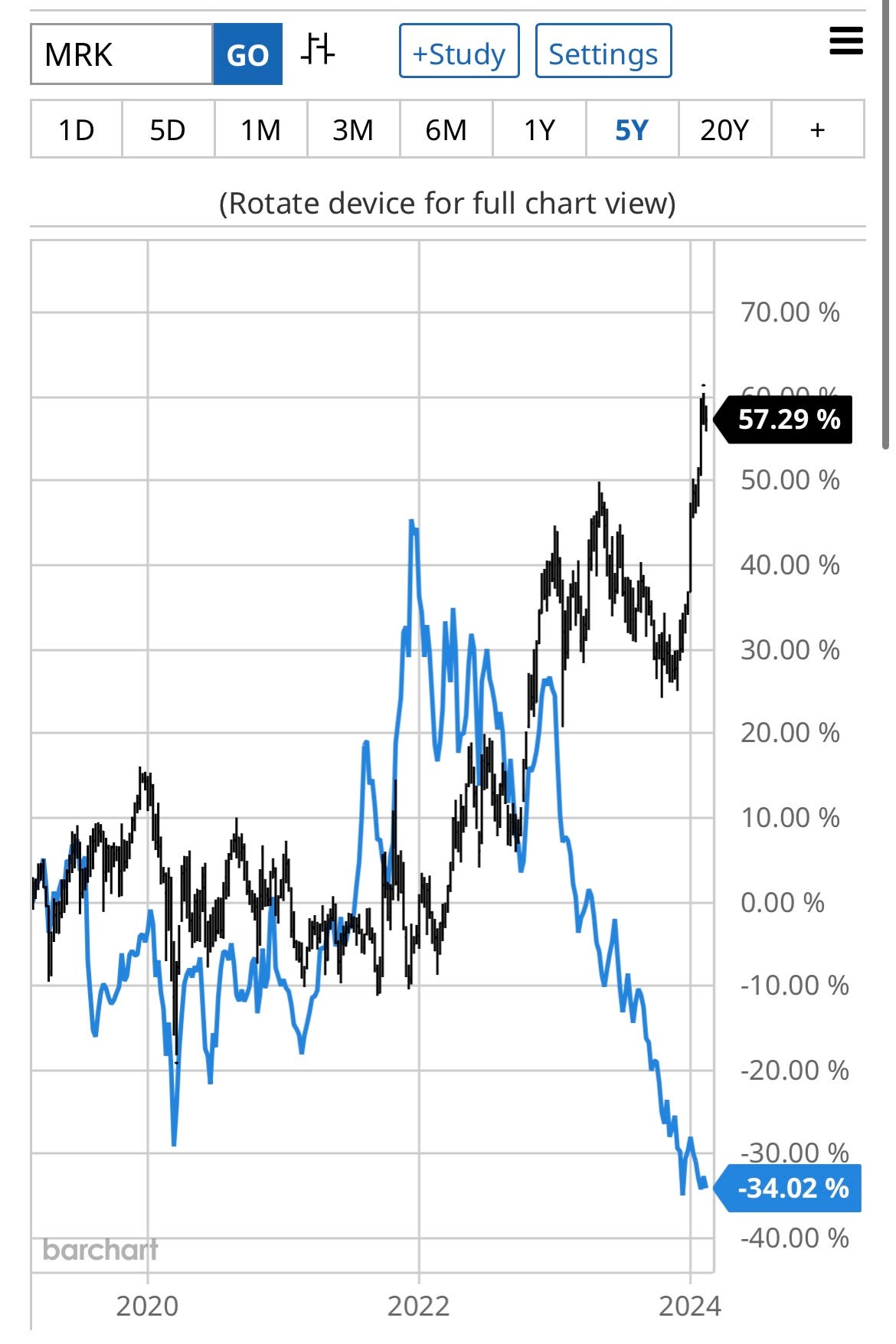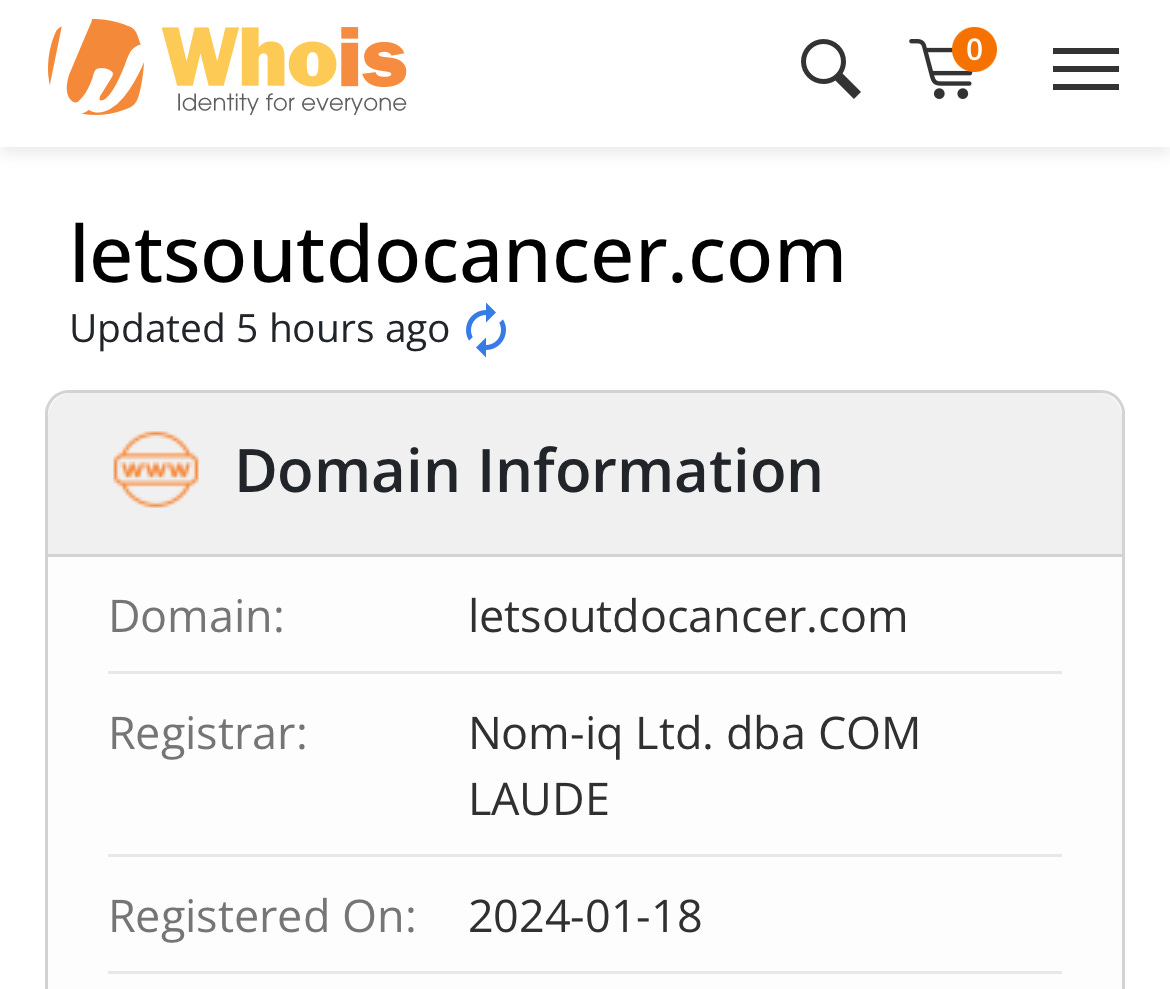On the arrogance (and stupidity) of Pfizer’s Super Bowl ad – PART TWO
Guest Post by Alex Berenson
If only Pfizer’s scientists were half (or one-tenth) as good as its marketers
(Second of two parts; read part one, including Pfizer’s history of lawbreaking, here)
On Sunday, Pfizer – the drugmaker most associated with the mRNA Covid jabs – took a $14 million shot (so to speak) at burnishing its image.
It worked about as well as the Covid vaccines have.
Halfway through the Super Bowl, the company dropped a minute-long ad linking itself with history’s greatest scientists. The ad felt like nothing so much as a corporate version of Dr. Anthony S. Fauci’s infamous “I represent science” declaration in 2021.
Set to Queen’s “Don’t Stop Me Now, the ad was amusing, but largely panned. The New York Times wrote Pfizer “invokes a long history of scientists, including Isaac Newton and Albert Einstein, to celebrate its 175-year existence. Visually inventive, but there’s no vaccine against overreach.”
So what was Pfizer thinking as it set $14 million – plus production costs – on fire?
Here’s maybe the most crucial fact everyone needs to know about Pfizer: as I wrote in Part 1, it’s huge, and hugely profitable. But it has never been a scientific leader. Bristol-Myers Squibb helped defang HIV. Eli Lilly remade depression treatment with Prozac (for better or worse). Merck has developed breakthroughs for several diseases.
Pfizer? Until 2020, Pfizer was arguably best known for Viagra. Which has no doubt saved some marriages (and wrecked others), but doesn’t exactly cure cancer.
—
(Happy Valentine’s Day!)

—
Until 2020.
That was the year Pfizer, through a deal with a small German biotechnology company called BioNTech, lucked into BNT162b2, aka Comirnaty, aka the Covid mRNA vaccine.
The underlying technology belonged to BioNTech. It and Pfizer agreed to split costs and profits equally.
But Pfizer put up most of the initial cash and took control of the shot’s development. Pfizer led clinical trial design and recruitment. Pfizer dealt with the Food and Drug Administration and the United States government. Pfizer ramped up manufacturing at an incredible pace (this, if nothing else, was truly impressive).
And Pfizer – and its chairman, Dr. Albert Bourla, DVM, – became the jab’s public face. (Full disclosure: I am suing Bourla and another Pfizer board member for their roles in violating my civil rights and making Twitter ban me in 2021 for my mRNA reporting.)
In 2021, as the mRNAs briefly appeared to vanquish Covid, Albert Bourla became the most important private executive in the world. He was Elon Musk, without the haters. Joe Biden toured Pfizer’s Covid vaccine factory in Michigan in February and thanked him. Bourla met Biden again in June, in England at the G-7 summit of world leaders.
Bourla’s power peaked that summer, after safety concerns arose on competing jabs from AstraZeneca and Johnson & Johnson. Wealthy countries found themselves short of mRNA shots, and Pfizer had far more available than Moderna, the only other manufacturer at the time.
—
(Those were days!)

—
Not bad for Bourla, a not-so-humble veterinarian from Greece, who made almost $25 million in 2021, and close to $35 million in 2022.
Pfizer’s shareholders made a few bucks too. The jabs generated $37 billion in revenues that year – the highest annual sales by far of any Big Pharma product ever. Pfizer stock, which had traded around $35 when Covid emerged in January 2020, rose to almost $60 by December 2021.
But a funny thing happened on the way to Bourla’s coronation as Greatest Chief Executive of All Time (TM).
First the mRNA jabs stopped working. Then their sales plunged. Despite massive promotion from Pfizer and pressure from government health bureaucrats, last fall’s Covid booster was dead on arrival. Even many oldsters who are happy to take flu shots are now avoiding the mRNAs.
Wall Street has taken notice.
Pfizer’s stock now trades at $27, near a ten-year-low. The company has fallen far behind its more scientifically adept competitors. Merck now trades at an all-time high thanks to its blockbuster cancer drug Keytruda, and Eli Lilly has had an unprecedented run sparked by its new weight-loss/diabetes medicines.
—
(Down goes Pfizer! Down goes Pfizer! Down goes Pfizer!
Five years of stock prices: the strong black line is Merck’s stock, the droopy blue line is Pfizer’s. I’ll let you make the Viagra joke.)

—
So.
For anyone who knows what’s really happened to Pfizer both in the long term and since 2020, the Super Bowl “Here’s to Science” ad seems like less a statement of principles and more an exercise in wish fulfillment.
Maybe a cry for help too, an effort to avoid the blowback from mRNA failure.
Even Adam Feuerstein, a drug industry journalist who spent 2021 and 2022 licking Pfizer’s boots, has seen the light. He called Bourla the worst drug industry executive of 2023, writing that “strategic missteps, financial miscalculations, and scientific setbacks have plunged Pfizer into a deep crisis.”
But the story of “Here’s to Science” has one final twist. It’s visible in the ad itself.
The last 10 seconds of the ad are very different than the first 50. The spot suddenly morphs into a generic anti-cancer ad featuring a plucky little girl, with the slogan: Letsoutdocancer.com

—
Yes, let’s!
The slogan doesn’t exactly roll off the tongue, though. One would expect more from the genius marketers at Pfizer.
I have a theory: the ad originally ended with a full-throated defense of the mRNAs (likely in response to Bourla’s wishes). Remember, Pfizer was aggressively advertising the shot as recently as a couple of weeks ago, despite near-zero demands.
Then Pfizer focus-tested the ad. And viewers hated hearing about the jabs. They actually viewed Pfizer more negatively afterwards. So the last 10 seconds had to be subbed out and quickly reshot, which is why the ad changes so abruptly in tone.
To be clear: it’s only a theory. I do have one bit of evidence, though.
Check out when Pfizer registered letsoutdocancer.com:

—
Yep, not even a month ago.
Pfizer is one of the world’s biggest and savviest advertisers. Yet it spent $14 million on a Super Bowl ad and didn’t bother to lock up the (weird) domain name it was about to plaster across the universe until a couple weeks before the game?
Maybe. Or maybe Pfizer’s marketing chief had to tell Bourla all the Einstein pictures in the world couldn’t save the mRNAs, and they’d better slap on a new ending for his baby.
It’s only a theory.
But oh, how I wish I could have been a fly on the wall for that.
(Part 2 of 2; Part 1 is here)
This article has been archived for your research. The original version from The Burning Platform can be found here.




